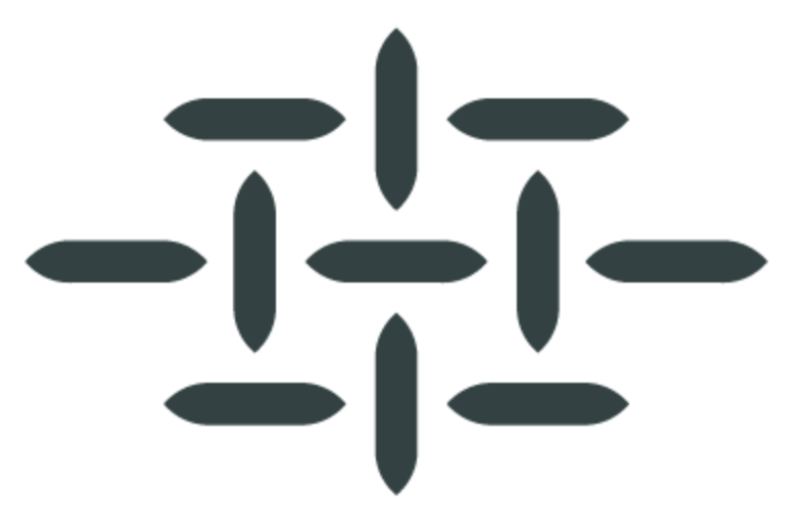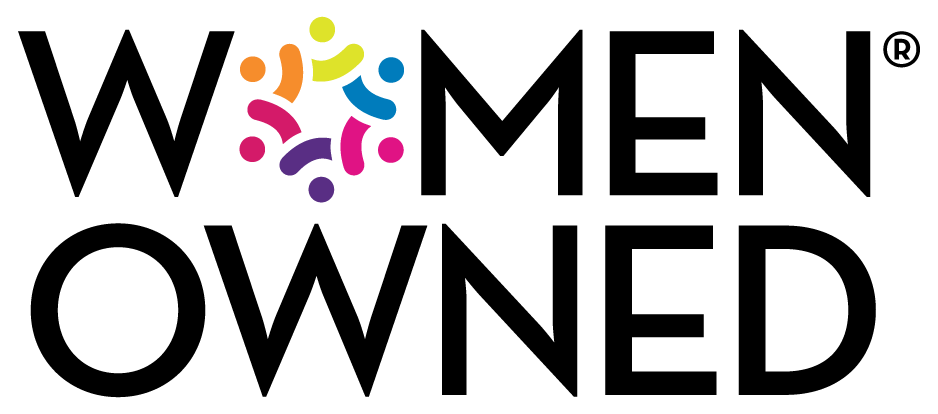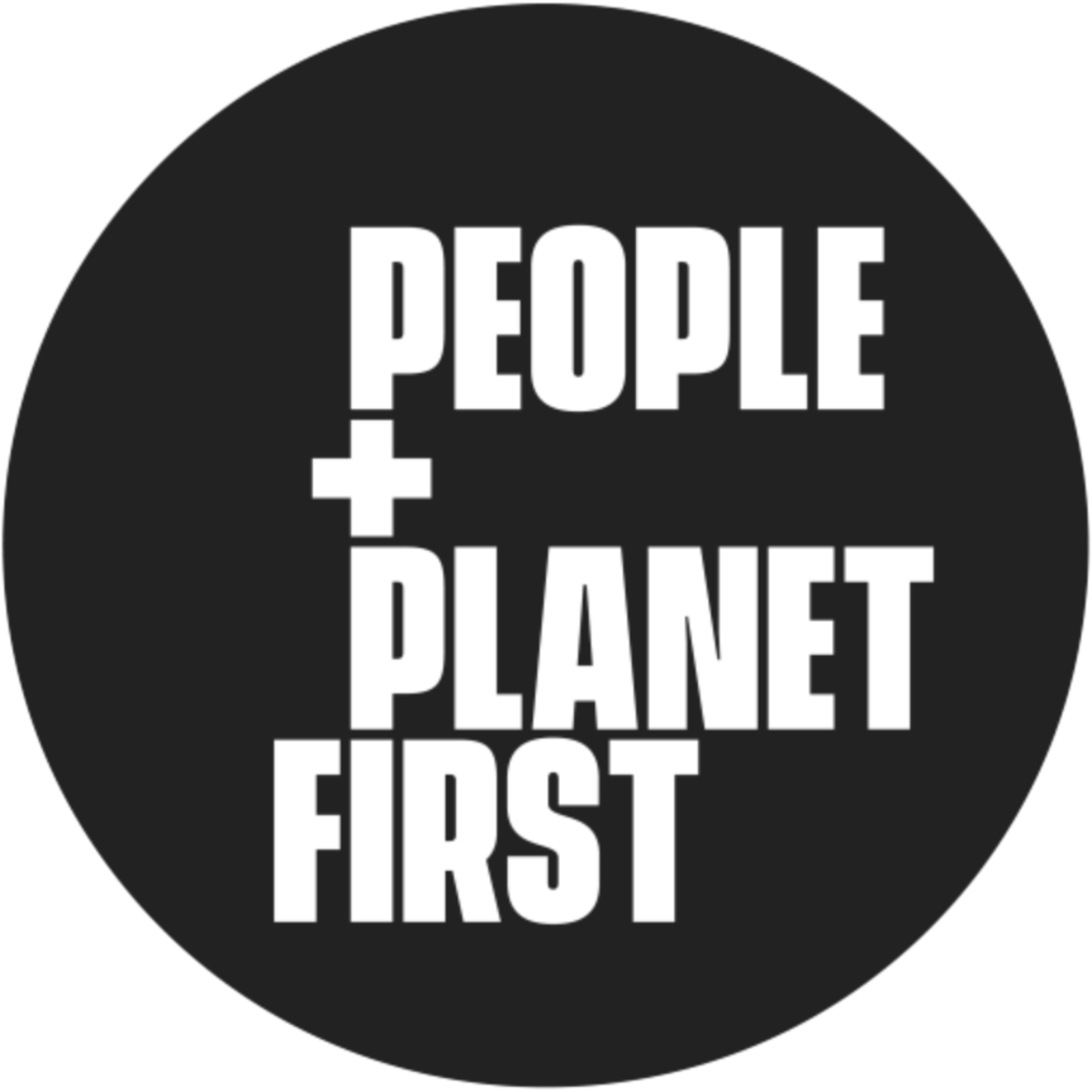At Ethik, we make it possible for conscious companies to source ethical products from artisan cooperatives around the world. Through storytelling, each handcrafted item is brought to life through compassion toward, and context on, the makers and their unique and individual lives. By providing depth and understanding to the items sourced, meaningful connections can be fostered between cultures and communities. As a company that prioritizes storytelling, we have sought resources and workshops to expand our knowledge, empathy, and awareness. Through our process of ethical storytelling outlined in this blog post, we seek to tell impactful stories that widen perspectives, encourage mobility and change, and honor the consent and dignity of the storyteller.
In the process of developing our own ethical storytelling process, Ethik would like to credit Let’s Talk, Sis’, “Storytelling Workshop,” Chimamanda Adichie’s TED Talk, “A Single Story,” and Our Climate Voices, “7 Principles of Ethical Storytelling” for laying a foundation of compassion-filled and empathetic storytelling processes and guidelines.
Our Ethical Storytelling Process:
Prioritize the storyteller
Throughout the storytelling process, we aim to prioritize the storyteller. As the owner of their story, the storyteller gets to decide if their story is told, when their story is told, and how their story is told. Telling one’s story is a vulnerable exercise that requires mutual trust and respect. By prioritizing the storyteller, we make a commitment to put their needs above our wants. This often means meeting at a time that is convenient for them, hiring a translator who will facilitate the interview, rescheduling if the storyteller does not feel emotionally ready to communicate, and making accommodations based on their comfort level.
Example: One of our artisan partners works with human trafficking survivors. In order to protect both the anonymity and the emotional reservoir of these women, it was determined that Ethik would not communicate directly with these artisans. Rather, trained staff at their organization would act as a liaison, determining the most appropriate information to share based on the desires of the individual women, and the safety protocols of the organization.
Recognize power and privilege
As a company that values ethical storytelling, we aim to recognize how our privilege provides unearned advantages within society. These advantages contribute to power dynamics present when listening to another’s story. We acknowledge that, historically, such power and privilege has made it possible for stories owned by marginalized communities to be misused, miscommunicated, and misunderstood. For Ethik, recognizing our power and privilege means examining our blindspots, honoring consent, and releasing power.
Examine our blindspots
By examining our blindspots during the storytelling process, we acknowledge that there are certain things that might not be on the forefront of our mind. By asking questions, we consciously scrutinize the reasons we do what we do, and are forced to confront our biases. Such questions might include, “Does this narrative contribute to a multi-faceted understanding of this group?”, “Who would benefit from this story being told?”, “Have I received enthusiastic consent?”, “Does telling this story maintain the emotional and physical safety of the storyteller?”, “How does this story confirm pre-existing and harmful narratives about the storyteller’s identity and the groups they belong to?”
Hold space for diverse perspectives and experiences
At Ethik, we aim to see the storyteller as a complex, and multifaceted person whose life cannot be simplified into a neat package that fits well with pre-existing narratives and stereotypes. This means truly listening, and telling stories that are authentic, sincere, and diverse, rather than stories that are merely aimed to create sympathy and sell products. We recognize that our artisan partners have unique life experiences that include a plethora of varying emotions, thoughts, histories, and events. Additionally, there are likely parts of their story they will not want to disclose
Example: During an interview, one artisan partner expressed harmful experiences of working with companies who misused their stories, and often only resonated with the negative parts of their life. They explained how many people have a very narrow image of artisans, which often includes some sort of sob story. Though this artisan had experienced the effects of deep poverty and great life difficulties, they did not want to be owned by this narrative. They expressed their desire to be painted in a positive light, one that included the obstacles they had overcome, and the success and fulfillment that has come from starting their own business–an important, noteworthy accomplishment!
Honor consent
Ethik ensures that the person sharing their story is well-equipped with the knowledge of how their story is going to be used, and is given the opportunity to decline sharing any or all information without negatively impacting their relationship with Ethik.
Example: Continuing on the example shared above, Ethik walked this artisan through the various ways they might communicate their story in an attempt to market their products. Ethik then sent the quote they would be using, and the artisan bio to the storyteller to approve. The storyteller thanked Ethik, and confirmed that was how they wanted to be portrayed.
Release Power
For Ethik, part of honoring consent means letting go of the idea that we have the right to someone’s story. Sharing one’s story is an incredibly vulnerable and sacred process, and cannot be traded or bargained for. As a rule of thumb, the owner of the story gets to decide how their story is told and what information can be communicated with others. For Ethik, this has meant taking a story down or not sharing parts of a story our team might have resonated with.
_______
As our team continues to prioritize storytelling as a key component of fostering connection, empathy, and change, we commit to engaging in ethical practices to ensure that each story is told in a dignified, honest, and sincere way, taking power and privilege, culturally relevant details, and consent into consideration.








